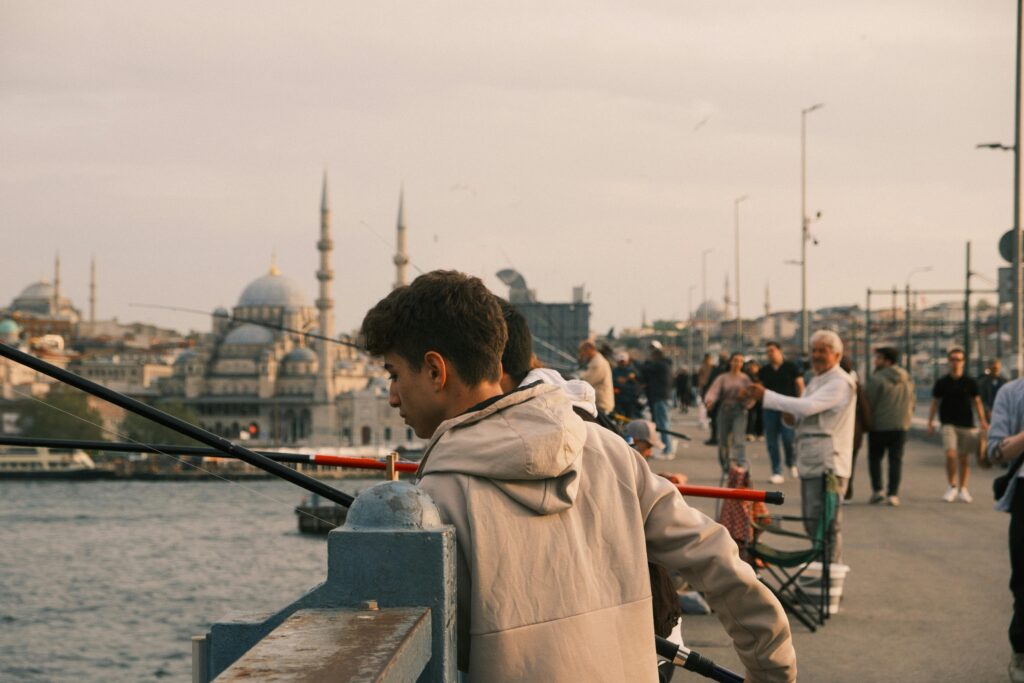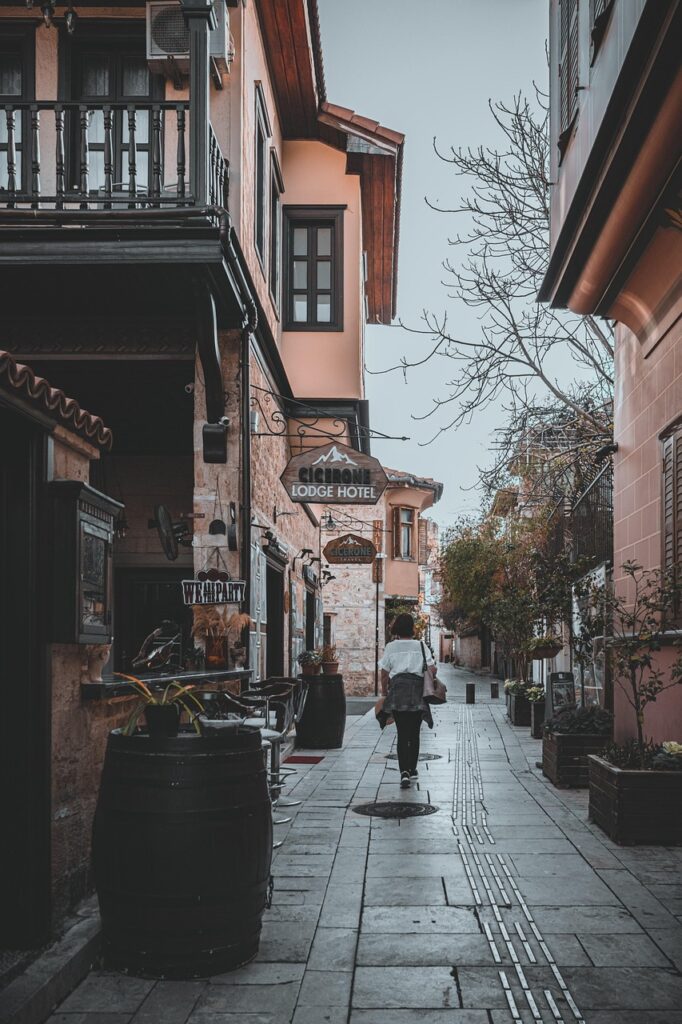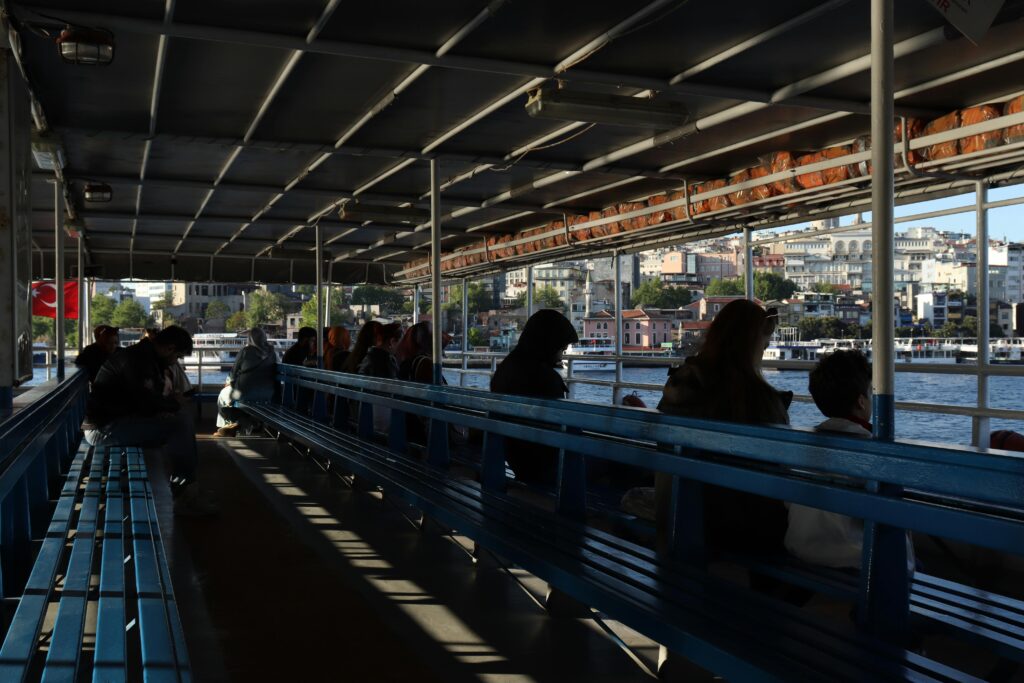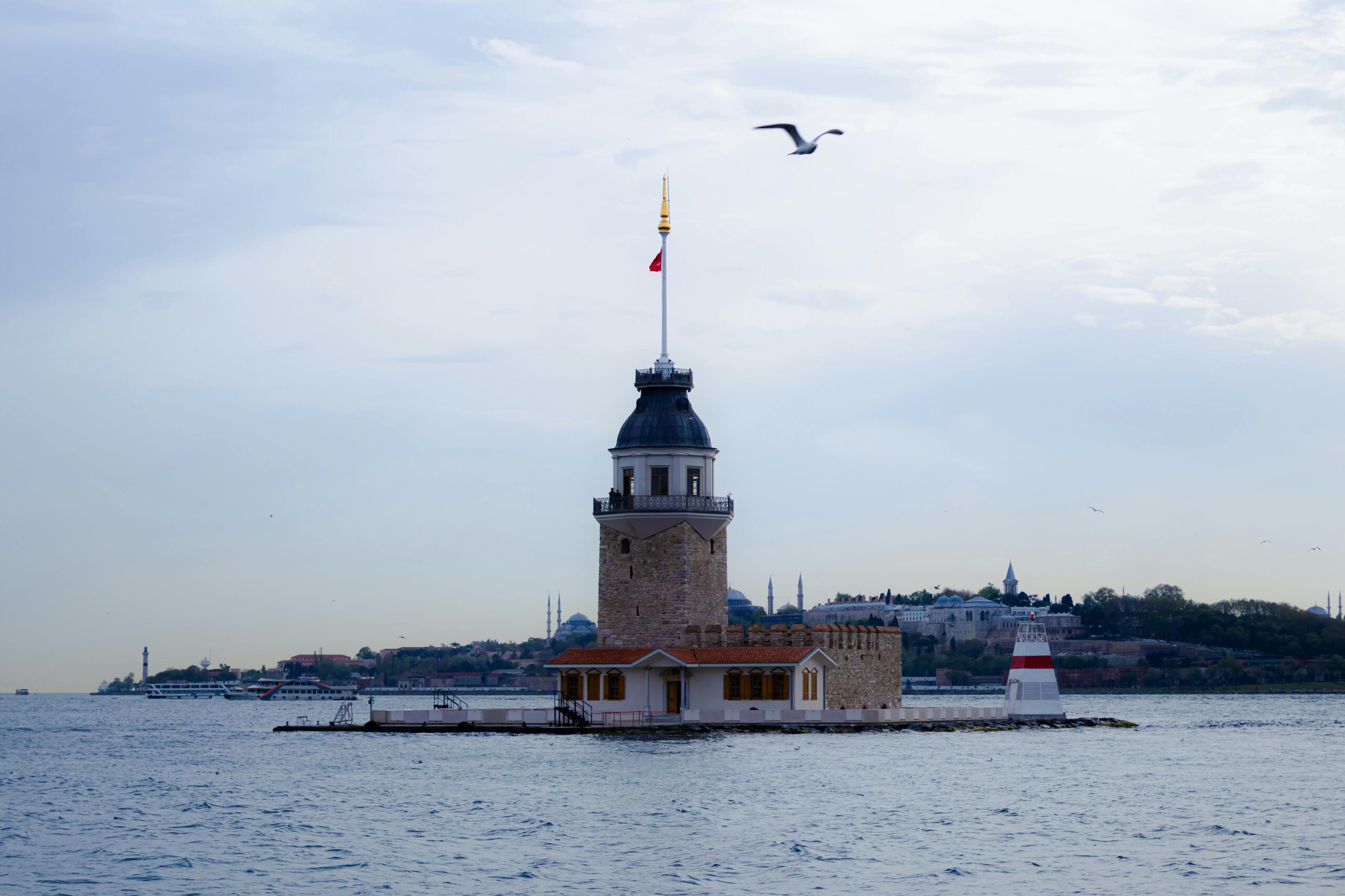In early May 2025, what began as social-media calls to shun Turkish destinations rippled into government action, academic suspensions, and a drastic fall in travel bookings—underscoring how geopolitical alliances can swiftly reshape economic ties and people-to-people connections.

Historical Context: A Post-Pandemic Tourism Surge
Turkey’s travel sector was on a roll. In 2024, it welcomed over 330,000 Indian visitors—a post-pandemic high driven by affordable costs, direct flights, and “Europe-like” experiences at lower prices. Globally, the sector shattered records: tourism revenues hit a record $61.1 billion (up 8.3% from 2023) and supported over 62 million visitors, contributing more than 12% of GDP and 3.3 million jobs.
The Pahalgam Catalyst: From Kashmir Meadows to Diplomatic Strains
On 22 April 2025, militants opened fire on tourists in Pahalgam’s Baisaran Valley, killing 26 people and wounding dozens. India’s retaliatory airstrikes on Pakistani territory ignited a diplomatic furor. Turkey and its ally Azerbaijan publicly backed Pakistan—Ankara warning of “all-out war” and Baku condemning India’s actions—stoking outrage in New Delhi.
Geopolitical Fallout: Beyond Likes and Hashtags
- Celebi Ban: India’s civil-aviation ministry revoked security clearance for Celebi, Turkey’s leading ground-handling firm at Delhi and Mumbai airports, citing national-security concerns—a move Celebi plans to challenge legally.
- Academic Severance: Major Indian universities suspended partnerships with Turkish institutions, halting exchange programmes and joint research.
- Political Edicts: BJP leaders urged Indians to boycott Turkish hotels, services, and goods, arguing that “hard-earned rupees” should not fund a nation siding with “the enemies of our country.”
Economic Impact on Tourism
Within days, booking platforms reported a 60% drop in new reservations to Turkey (and Azerbaijan), while cancellations surged 250%. Although Indians comprised less than 1% of Turkey’s total foreign arrivals, their average spending—nearly $1,200 per trip—made the market strategically important. With Turkey targeting 60 million visitors and $60 billion in revenue for 2024, sustained boycotts could erase hundreds of millions in receipts.
Beyond Tourism: Trade and Cultural Ties
- Air Services & Logistics: The Celebi suspension threatens smooth cargo and passenger flows. Airlines must reroute ground handling, potentially raising costs and causing delays.
- Education & Research: Faculty and student exchanges—particularly in engineering, humanities, and medical fields—face indefinite freezes, straining decades-old scholarly networks.
- Business Delegations: Turkish firms eyeing India’s $5 trillion economy now face uncertainty, as government-backed trade fairs and investment summits are postponed or cancelled.
Industry Response and Adaptations
- Travel Alternatives: Despite calls for Greek and UAE getaways, booking data show only modest shifts—long-planned trips retain momentum.
- Visa Landscape: Indians require an e-Visa for Turkey—an online process valid for up to 30 days—but many are postponing applications.
- Promotional Pivot: Turkey’s tourism ministry is exploring fee waivers, targeted discounts in smaller Indian cities, and joint cultural festivals to rebuild confidence. The Association of Turkish Travel Agencies is crafting “welcome back” campaigns for South Asia.

The Road to Recovery
Restoring India–Turkey travel will require more than marketing: a tangible diplomatic thaw. Analysts advise:
- Bilateral Dialogue: High-level talks to clarify positions and reinstate cultural and educational accords.
- Confidence-Building Measures: Joint tourism roadshows featuring Indian and Turkish operators.
- Legal Reversals: A clear path for Celebi and other businesses to regain operating licences, signaling commitment to the rule of law.
- People-to-People Initiatives: Scholarships, cultural exchanges, and safe-travel programmes to keep connections alive—even amid official freezes.
Conclusion
The swift pivot from post-pandemic tourism boom to near-total boycott illustrates the power of politics over travel. India’s measures—from airport bans to university suspensions—show how international statements can cascade into economic and cultural cut-offs. Whether both nations can recalibrate and rebuild trust will test their broader strategic partnership—and reshape travel patterns for years to come.
Frequently Asked Questions (FAQs)
Q1: What triggered the India-Turkey boycott?
Turkey’s public support for Pakistan during the India-Pakistan conflict—especially after the Pahalgam attack—sparked nationwide calls to cut ties.
Q2: How significant are Indian tourists for Turkey?
In 2024, about 330,000 Indians visited Turkey, spending on average $972 per person, making them a valuable albeit small share of overall visitors.
Q3: Which companies have been affected?
Major Indian travel firms—MakeMyTrip, EaseMyTrip, Cox & Kings, Travomint, Ixigo—paused bookings and waived cancellation fees for Turkey and Azerbaijan.
Q4: Do Indians need a visa to visit Turkey?
Yes—Indian citizens must secure an e-Visa online before travel, valid for stays up to 30 days.
Q5: Are cancellations refundable?
Most platforms have waived cancellation fees for affected trips, offering full or partial refunds depending on the package.
Q6: When might academic and trade ties resume?
Restoration depends on diplomatic progress and confidence-building steps by both governments.

Sources BBC


